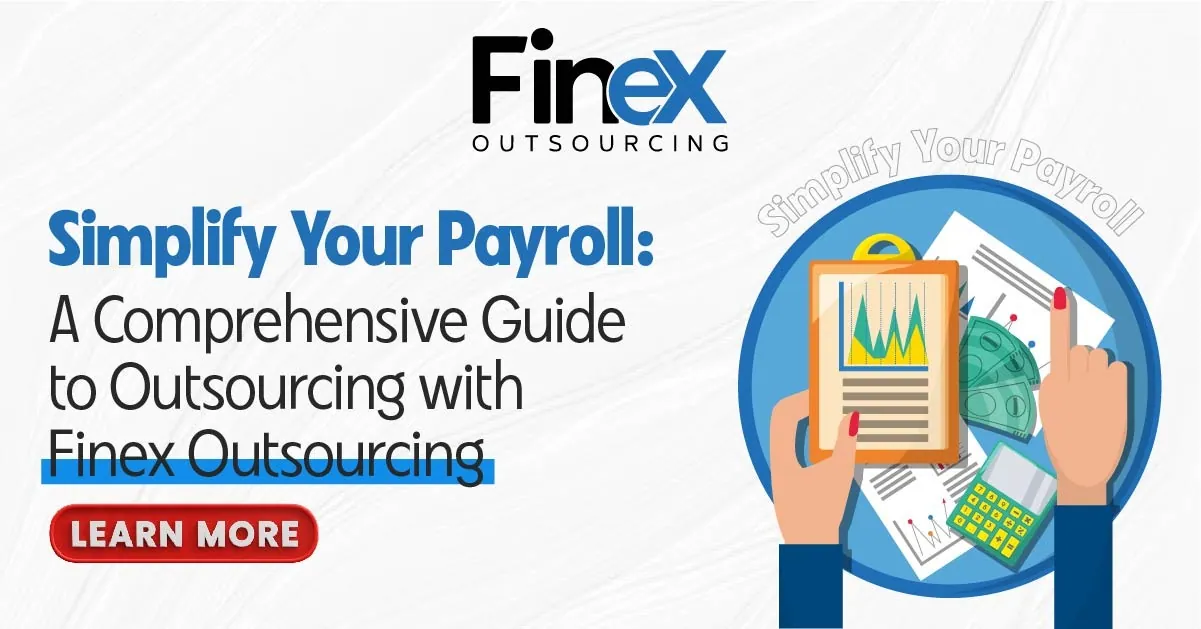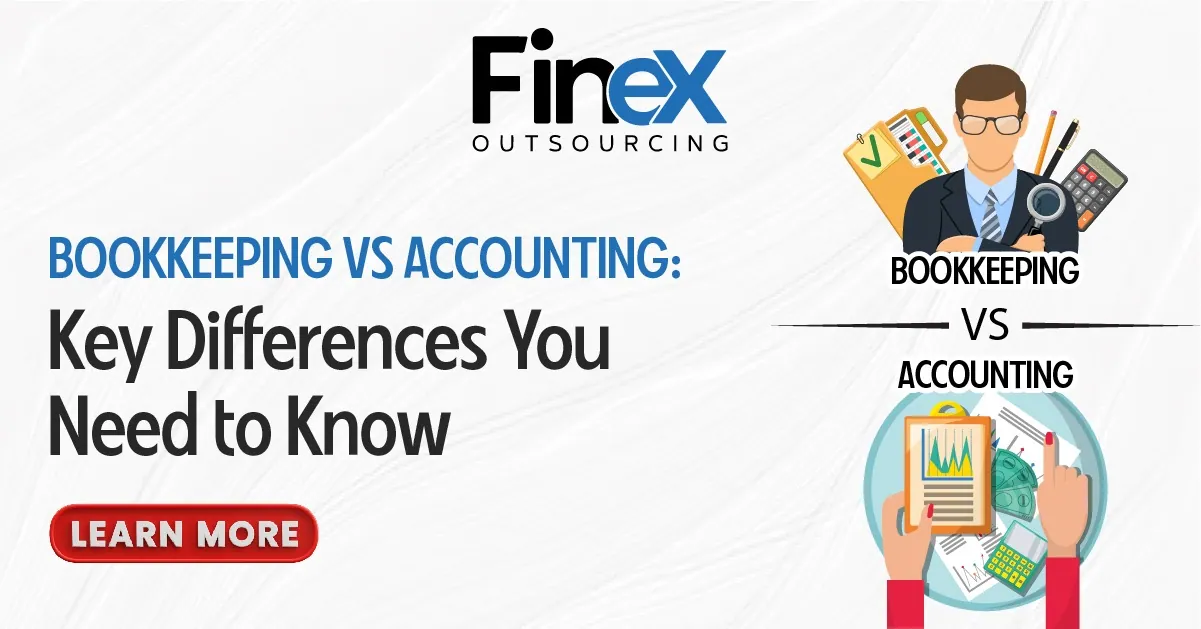The face of accounting is changing.
The accounting profession is going through some significant changes. There are now more firms competing with each other than ever before.
Small businesses now have so much choice that ordinary services like compliance, tax preparation and basic bookkeeping are becoming commoditised. There’s so little differentiation in this crowded market that the value of these services is being driven down.
Cloud technology is also reducing the value of essential accounting services. Firms using cloud-based systems are more efficient and productive. That’s because many labour-intensive and time-intensive tasks can now be automated.
Making the most of the latest technology
Cloud technology offers lucrative and exciting opportunities. Communication has become more straightforward, with the help of mobile devices becoming more common. This has led to massive shifts. For instance, it’s possible to monitor your client’s cash flow in real-time by using cloud-based accounting software.
The latest technology can help bookkeepers and accountants become their clients’ trusted advisors. In addition, you can become a finance expert that can help clients make informed and timely business decisions.
It’s the perfect moment to shift away from labour-intensive services and into the realm of financial and business consulting. However, this could be a problem, especially for companies with a history of dealing with customers specifically and are at ease with their existing software.
In reality, there’s much more than the latest software. To succeed in the consulting market, you’ll need to alter how you work and how you interact with your clients.
It may seem daunting however it could bring about a massive boost in productivity, efficiency and profits. When paired with expert financial advice, Cloud technology makes you stand out from your competitors.
Therefore, it’s not just an excellent idea to utilise cloud computing – it’s vital. Businesses that do not change will decrease revenue because their services will become commoditised.
What exactly is a virtual CFO?
The virtual CFO concept is a brand-new concept. It’s a method for small companies to receive CFO assistance that they might not afford before.
Smaller businesses that employ Virtual CFOs have access to a highly experienced financial expert at less than the cost of an in-house CFO. The services offered will vary from one firm to the next, however, generally, a virtual CFO can:
- Take on all the responsibilities of a traditional CFO; however, work remotely and on an hourly basis.
- Examine the health of your finances and overall well-being and health of the company, typically using cloud technology.
- Provide financial information and advice regarding all business decisions and concerns.
- Offer back-office tasks, such as managing the ledgers of accounts, based on the customer and their requirements.
How can cloud technology assist you in offering virtual CFO services?
If you plan to provide valuable services, such as Virtual CFO, the first step is to begin using cloud technology. Cloud technology has many benefits that will allow you to establish a Virtual CFO service:
- Cloud-based solutions allow sharing of information, which makes it simple to transfer and synchronize data between various systems.
- Cloud accounting software offers the ability to report in real-time and provide analytics. They help you gain insights into the financial situation of your client.
- Cloud-based accounting and business management solutions are accessible at any time, from any location. This means that you can provide Virtual CFO services to your customers from any location.
The reconciliation of bank accounts is an instance of how the cloud can help you save time and money. Traditional reconciliation is slow and takes a lot of time. Cloud accounting software can perform it much more quickly by connecting to credit and bank accounts, which are also on the cloud. The daily data of transactions from banks is fed into accounting software and then matched to the corresponding transaction. Then, the only thing the user has to do is verify the transactions.
This shows how cloud accounting can automate a low-value task, leaving you with more time to work on a more profitable business.
Make sure you do your research before choosing which cloud-based accounting software is right for you. Then, check out our guide on Top 7 Accounting Software For Small Businesses in UK 2022 to assist you in making the right decision.
Small businesses have advantages.
Having a virtual CFO is a huge advantage for small businesses. Most small businesses can’t pay for a skilled, knowledgeable CFO permanently and might not even think about hiring one.
This is a significant issue, as most small-scale companies fail within the initial three years. The reasons are mainly failure to differentiate them from their competitors and the inability to develop a viable business model. If they had an accountant working as their virtual CFO, they could maintain their financial goals and real-time realities in mind.
A virtual CFO can be an affordable alternative to an actual CFO for full-time. It could make a significant difference to small businesses by:
- Budgets and forecasts are created by creating budgets.
- Finding out the source of spending problems using market trends to identify the source of the problem.
- Disadvantage or confirm business decisions keeping financial wellbeing in mind.
These are capabilities that most entrepreneurs do not have, yet they require them to be successful.
By combining your practice expertise, cloud-based accounting software, mobile technology, and the latest analytical techniques, you could offer Virtual CFO solutions that can provide excellent value to your customers.
Why is the role of virtual CFO getting more popular?
It is possible that you haven’t seen the term before. Recent trends in the field of accounting have led to value-added solutions such as Virtual CFO becoming more frequent:
- More competition and advancements in technology.
- Tax preparation and compliance are becoming commodities.
- Automating the basic tasks can reduce their value.
- Smaller businesses can outsourcing non-core activities like accounting to cut costs and attract better employees.
- Software that offers genuine, live cash flow information for accurate decision-making.
These developments are forcing businesses to adapt, increasing and diversifying the types of services they provide. Simple services such as financial statements, compliance, bookkeeping, payroll and tax returns may be lucrative. However, they should be reduced to the minimum service your company will offer any new customer.
In the near future, successful firms will generate most of their revenue through financial insight, analysis and other services that can directly influence the success of a small business.
Introduce the role of virtual CFO in your business
The profession of public accounting encompasses various types of firms. They range from small-scale bookkeeping firms to larger companies with outsourced accounting departments.
Small businesses often don’t know that their accountants or bookkeepers could do more than tax and compliance work. Therefore, it’s crucial to communicate what you can do to help. Certain clients may still opt for simple services, but you can add value by offering valuable insights with time. When your client trusts and respects you, the advantages of working with you as an advisor will be apparent.
Remember to package your services into different bundles. So that the conditions of your service will always be crystal clear and your clients can move up as they require.
Change how you work.
To be a Virtual CFO, you’ll need to implement some fundamental adjustments. This could include switching to a cloud-based system for accounting and altering how you communicate with your clients.
But, it would be best if you also modified how you think about business relationships. To fully embrace the role of a virtual CFO, take a look at the following suggestions:
- Stop thinking of process-driven services as the heart of your company.
- Provide additional consultation services.
- Create meaningful, personal connections with your customers.
- Regularly communicate with clients to help them manage their problems actively.
- Learn and give feedback on your client’s goals for business
- Aid your clients in achieving their objectives.
- Be a trusted business adviser.
Does my business have the right tools?
The answer is simple – it must be. The basic services are becoming commoditised. They are likely to continue to decline in value as new competitors develop and the technology advances.
The most profitable accounting firms in the near future are entirely cloud-based and advisor-driven. So you can begin making your company move in the right direction:
- Expanding essential services and shifting into a more significant advisory job.
- Distinct your business from competitors in a market that is becoming increasingly competitive.
- Altering your business’s philosophy and engaging clients by acting as a business adviser instead of a service supplier.
- Using a cloud-based accounting solution with in-depth reporting and analysis tools.
- With the capacity and resources having the capacity and resources Virtual CFO Services to customers.
- With a steady client base of small-business clients who could appreciate a higher level of business guidance.
From here, you can move your company away from the commodity service sector to the advisory business. You can begin using the new age in accounting and financial services.



